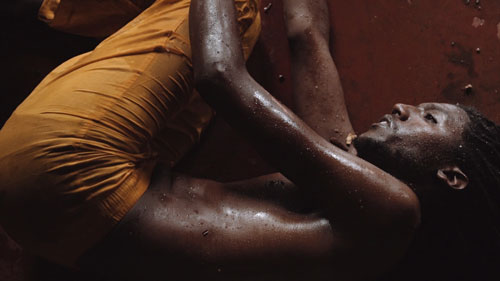
“Tapi! was created as a way to examine the erasure of indigenous spiritual practice in favour of the dominant religions of Christianity and Islam.” – جم چوچو
لیکن! ایک مختصر دستاویزی فلم ہے جو کینیا کے ایک نوجوان رسمی شفا بخش شخص کی زندگی میں ایک ابتدائی لمحے کی دریافت کرتی ہے, جیکسن, جو اتفاشی نامی رسمی علاج کی آخری پریکٹیشنرز میں سے ایک ہے ('لیکن'). The leaders of the local Christian church are not happy with the influence of the ritual and decide to take Jackson to court. لیکن! continues Director Jim Chuchu’s exploration of African and black spiritualities, in this case the post-colonial erasure of indigenous ways of believing. Written and directed by Jim Chuchu, the film received its world premiere at the International Film Festival Rotterdam.
تعلیم کے لئے گلوبل تلاش is pleased to welcome جم چوچو Director of لیکن!
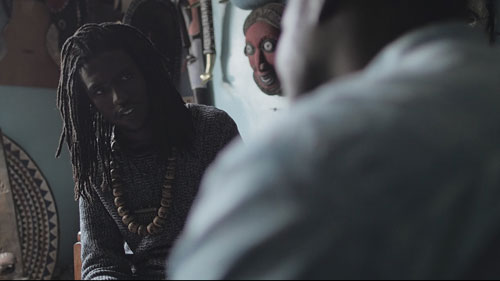
“What does it mean for a people to lose their gods?" – جم چوچو
جم, what was your inspiration for creating لیکن!?
لیکن! was created as a way to examine the erasure of indigenous spiritual practice in favour of the dominant religions of Christianity and Islam. This particular phenomenon is one of many ways in which old systems of knowledge on the continent are being set aside in a way that echo the troubling colonial frameworks that set out to ‘civilize’ or ‘modernize’ people of colour and their cultural practices. The modern influence of colonial histories in Africa is substantial and difficult to pin-point, but I think it is imperative to keep a continuous and close watch on this influence on present-day African societies.
What are the main takeaways you want for the audience on your story?
I hope that there are several different takeaways for different audiences. For non-African audiences, I hope that the film allows them to consider the still-unraveling effects of European and American history on the people of Africa. These troubled histories are not often taught to young people growing up in those societies, and the resulting unawareness creates room for new generations of citizens in the Global North to enact new oppressions, oblivious of the historical contexts into which they fall.
For African audiences, I hope that the film prompts some reflection on our contemporary ideas of African spirituality, and the interruption of indigenous spiritualities that was the result of colonial disruption and violence, and the separations caused by slavery. What does it mean for a people to lose their gods?
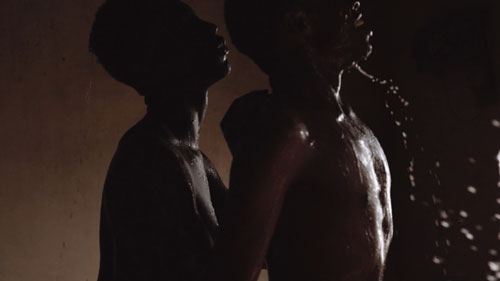
“Tapi! explores the idea of a broader framing of ‘queer’ that expands beyond the contemporary understanding of queerness as a framework of sexuality and gender identity to a wider frame that includes otherness, and ways of being that include indigenous spirituality and mysticism.” – جم چوچو
How difficult was it to get your innovative film made? How are audiences responding?
لیکن! explores the idea of a broader framing of ‘queer’ that expands beyond the contemporary understanding of queerness as a framework of sexuality and gender identity to a wider frame that includes otherness, and ways of being that include indigenous spirituality and mysticism. Otherness of all kinds, including those related to sexuality and gender identity, are treated with suspicion in Kenya, and the socio-cultural forces of conformity are deeply entrenched in the ways that Kenyans police public ways of being. Because questioning of religion, and exploration of queerness and otherness are sensitive topics in Kenya, the production of لیکن! faced one or two challenges along the way.
سب سے پہلے, the Kenya Film Classification Board – to whom all film scripts are submitted for approval before production – asked us to strike out any mention of queerness in the script, highlighting the ways in which this state agency takes active steps to curtail cultural expression that explores topics deemed sensitive. I find this disappointing because the stifling of cultural conversations makes it difficult for societies to build consensus around the very important questions of identity and membership.
دوسرا, casting for the film was a tricky proposition because at one point during the shoot, several extras expressed strong reservations around the thematic areas explored by the film, causing us to change our shooting schedule and drop several scenes. Thankfully, the main cast of the film were deeply committed to the story, allowing us to complete the production.
In terms of distribution, we were happy that the film was chosen to screen at the 2020 edition of the International Film Festival Rotterdam, which allowed us to reach a wider audience than we could locally. Our inclusion in the We Are One Global Film Festival further widened our reach, and we were very honoured to have one of our works be a part of an unprecedented global film event. بدقسمتی سے, due to the COVID-19 pandemic, we are yet to hold a screening of the film locally, so we are looking forward to a time in the future when we are able to gather an audience for physical screenings once more.
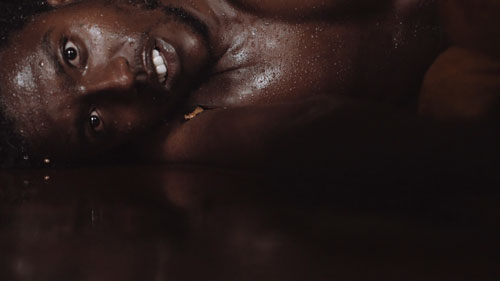
“A key question raised by the pandemic has been: what does holistic artistic practice look like in a world where the effects of increasing pressure on resources are more readily apparent?" – جم چوچو
How have you as a filmmaker been affected by the pandemic and in what ways are you responding? What are you working on next?
The pandemic and subsequent lockdowns have halted ongoing productions at the Nest Collective, in part because filmmaking at the scale we usually do would flout the state guidelines on social distancing and public gatherings. اس کے علاوہ, some of our productions required travel, both out of town and beyond the national border. These have had to be recalibrated significantly because of border closures globally and movement restrictions.
On a more positive note, the pandemic has caused us as a collective to critically analyze the frameworks of our artistic practice going forward. A key question raised by the pandemic has been: what does holistic artistic practice look like in a world where the effects of increasing pressure on resources are more readily apparent? How do we equip our audiences with grounding knowledge that recognises and soothes growing anxieties, while fronting new and fresh ideas for forward movement? How can we all transition, together, towards more sustainable ways of being, recall the ones we used to know, and reinforce the ones we already engage in?
These are questions I am looking forward to tackling in the years to come and in any forthcoming productions.
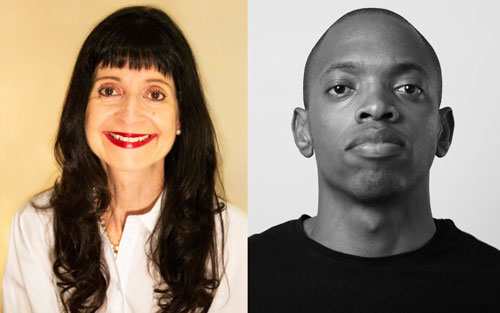
C.M. Rubin with Jim Chuchu
کرنے کے لئے آپ کا شکریہ ہمارے 800 علاوہ عالمی شراکت, فنکاروں, اساتذہ, ادیمیوں, محققین, کاروباری رہنماؤں, اپنے اشتراک کے ل your ہر ڈومین کے طلباء اور سوچا رہنما کے ساتھ سیکھنے کے مستقبل کے بارے میں نقطہ نظر تعلیم کے لئے گلوبل تلاش ہر مہینے.
C. M. روبن (کیتی) CMRubinWorld کا بانی ہے, ایک آن لائن پبلشنگ کمپنی نے عالمی تعلیم کے مستقبل پر توجہ مرکوز کی, اور سیارے کلاس روم کے شریک بانی. وہ تین سب سے زیادہ فروخت ہونے والی مصن .ف ہیں کتابیں اور دو بڑے پیمانے پر آن لائن سیریز پڑھیں. روبن موصول 3 اپٹن سنکلیئر ایوارڈ "تعلیم کی عالمی تلاش" کے ل ”۔ سلسلہ, کونسا یوتھ کے وکیل, میں شروع کیا گیا تھا 2010 اور ساتھ لاتا ہے اس چابی کی کھوج کے ل the دنیا بھر کے ممتاز خیال رہنماؤں قوموں کو درپیش تعلیم کے مسائل.
C پر عمل کریں. M. ٹویٹر پر روبن: www.twitter.com/@cmrubinworld
تعلیم کمیونٹی پیج کے لئے گلوبل تلاش

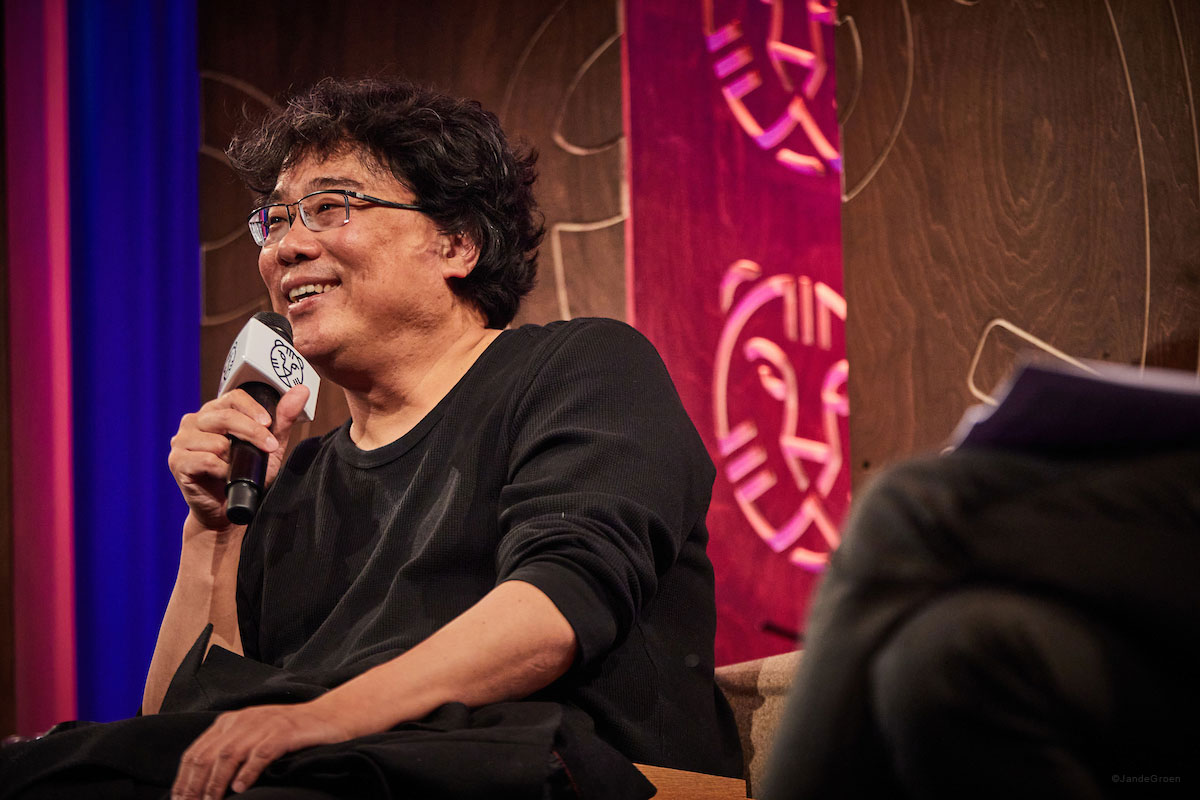
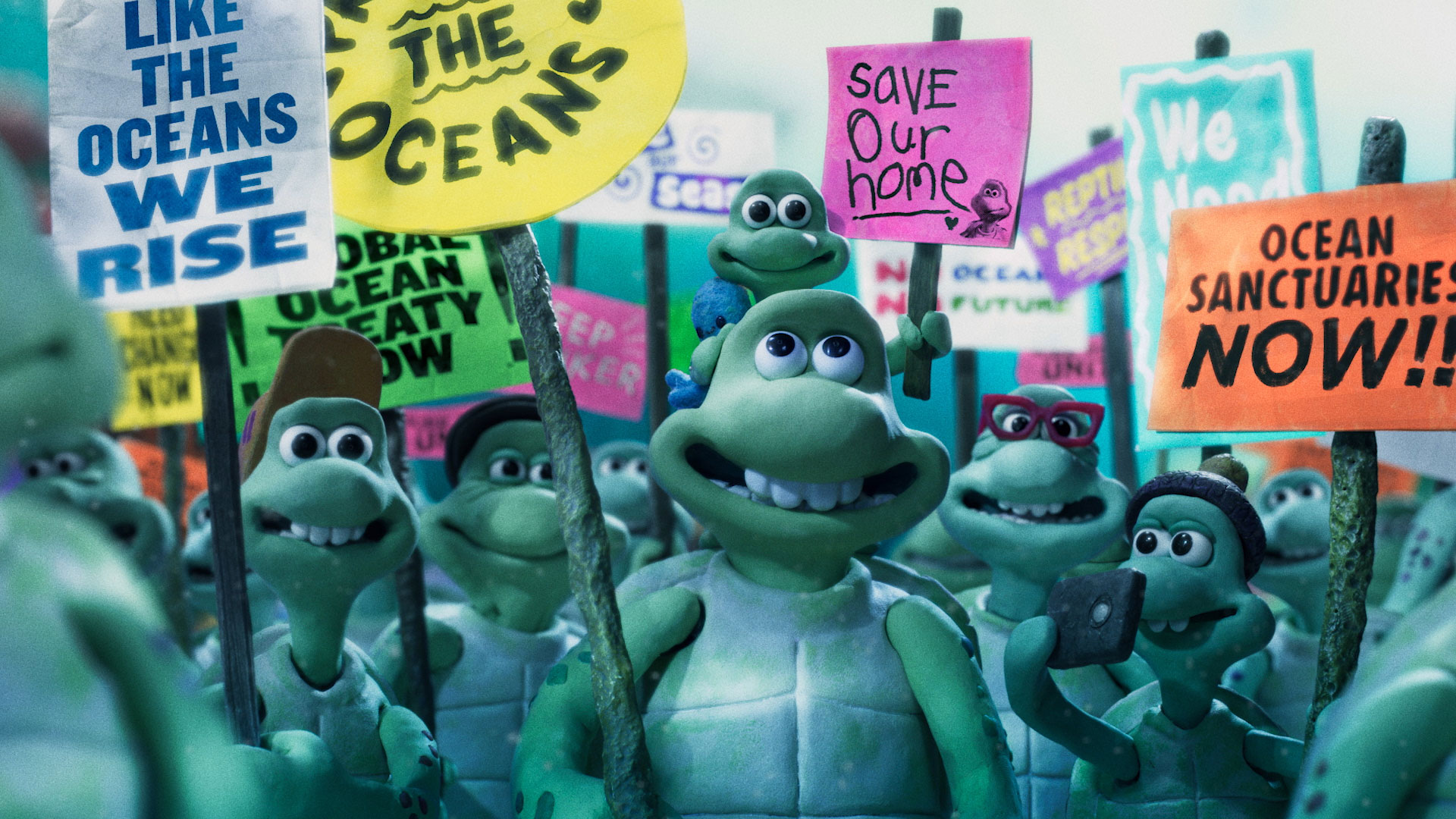
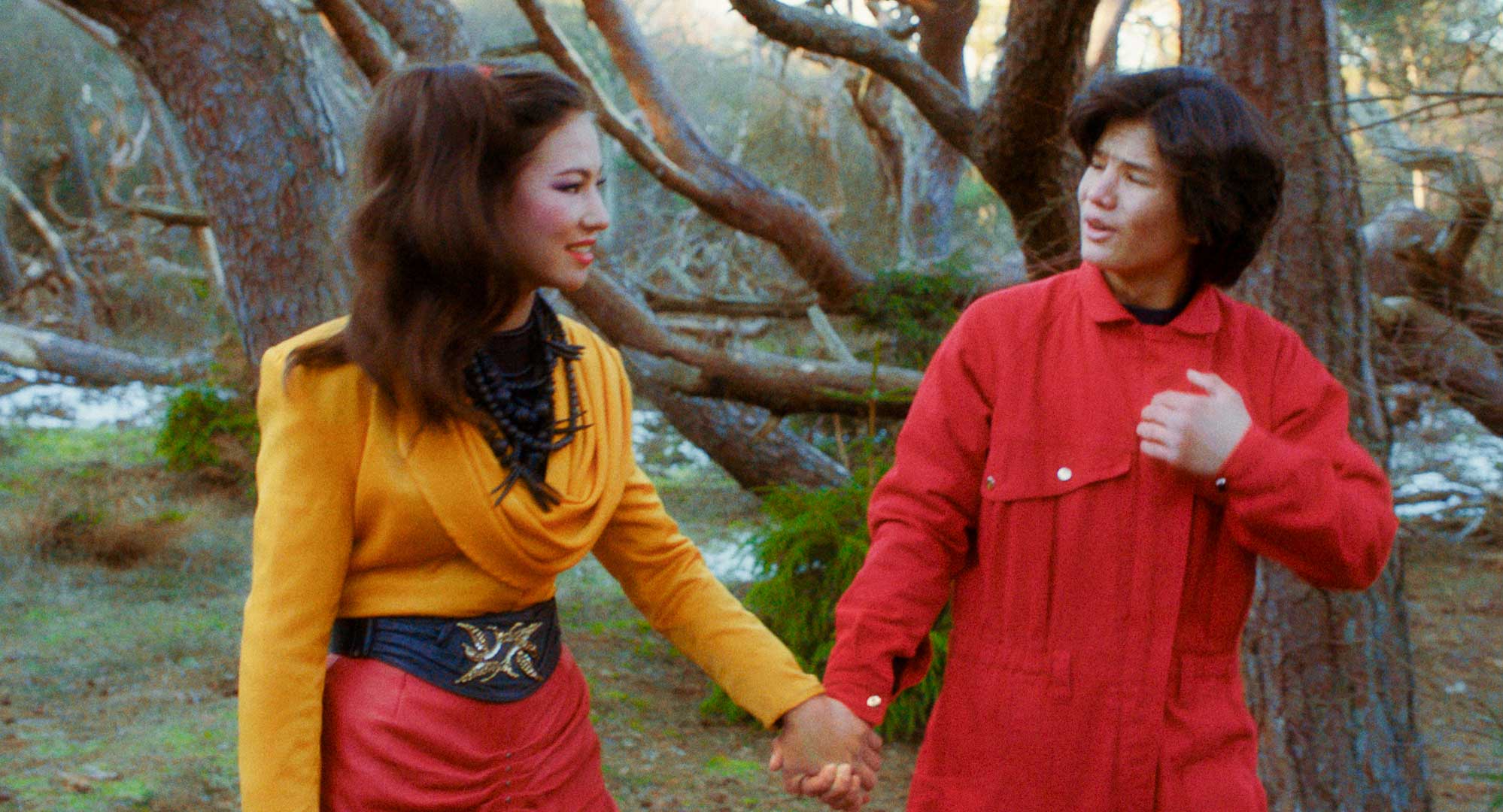

حالیہ تبصرے